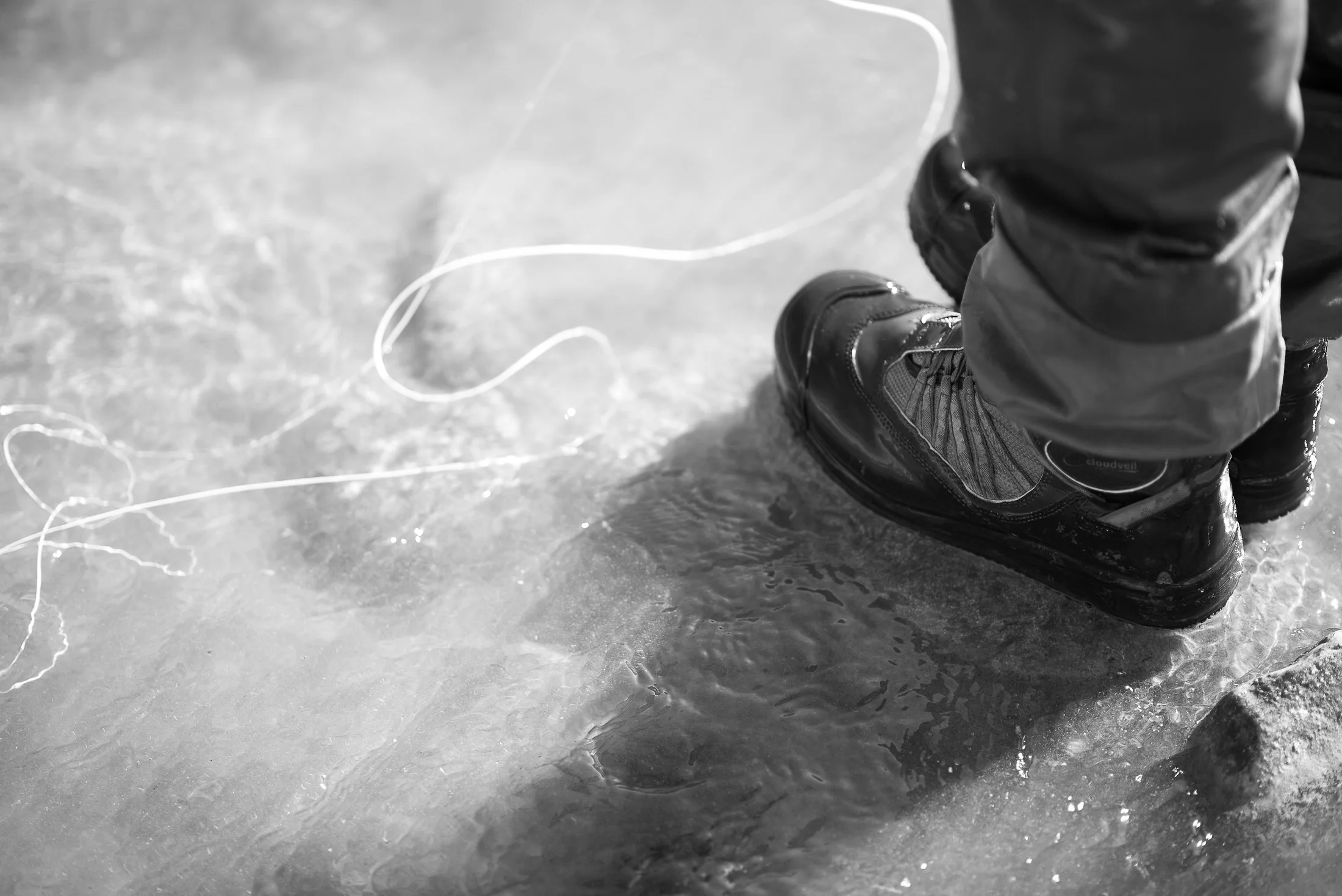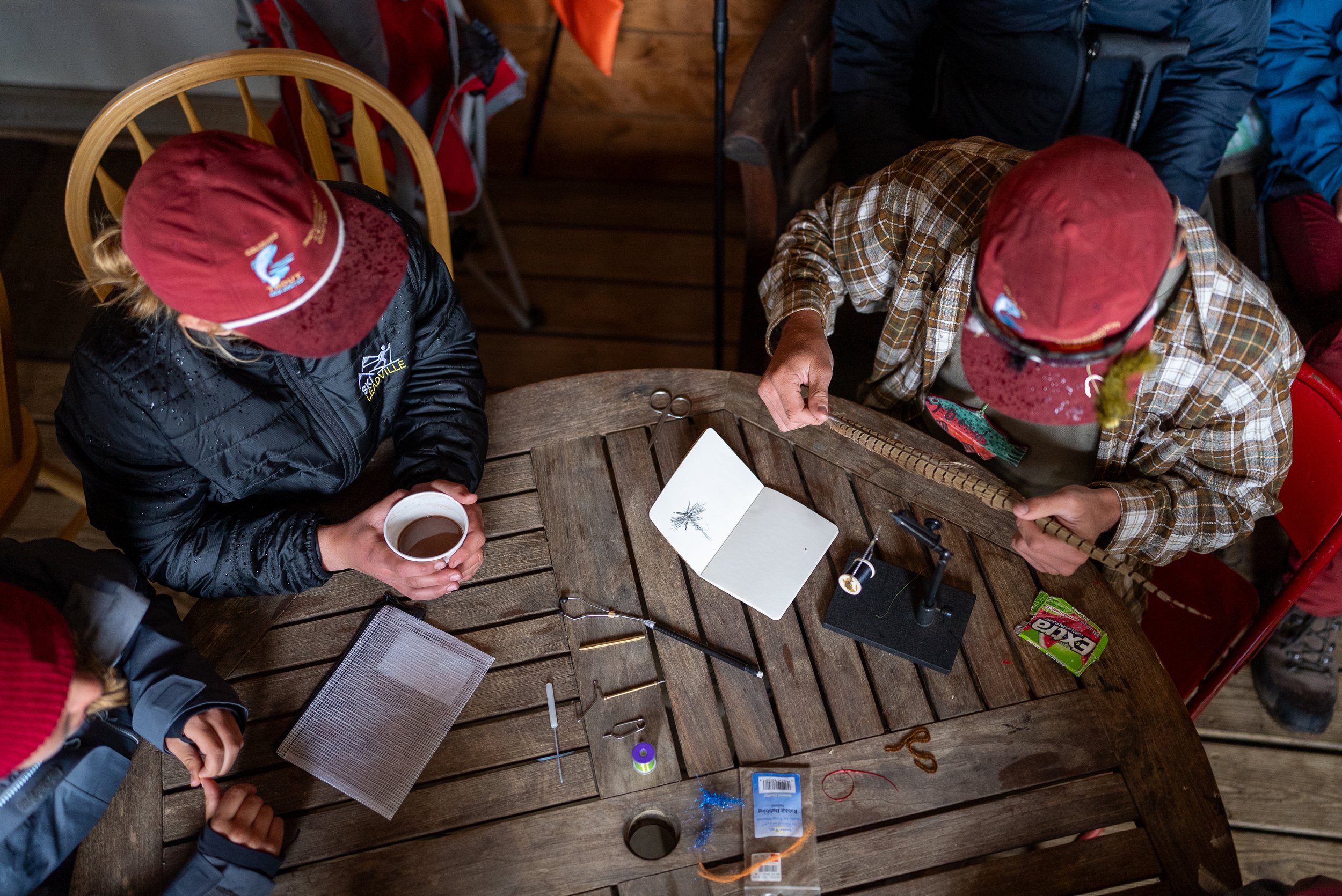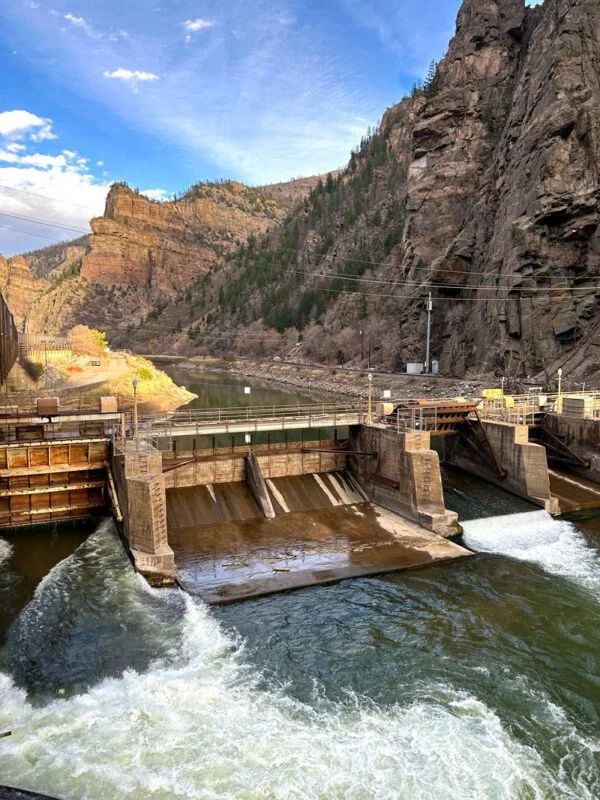Ask the CWCB to Keep the Colorado River flowing and accept the Shoshone Water Rights
Photo courtesy of Colorado River District
For more than 100 years, the Shoshone Hydropower Plant in Glenwood Canyon and its non-consumptive water rights have played a critical role in sustaining the Colorado River. With two senior water rights (1902 and 1929), the Shoshone plant has ensured year-round flows through the Colorado River both upstream and downstream - calling water past upstream trans-basin diversions that could otherwise deplete the upper Colorado River even more heavily, and delivering flows that also maintain the Colorado River below the Shoshone outflow, in and below Glenwood Springs. Unfortunately, the power plant's infrastructure has been aging leading to periodic outages and highlighting the need for a more permanent solution for preserving the water rights whose operation has sustained the Colorado River, its gold medal fishery, endangered fish habitat, and communities and working lands that rely on the river. Shoshone is especially essential for keeping the Colorado River flowing in the winter non-growing season, when other senior irrigation water rights in the Grand Valley are not drawing water down the river. Shoshone is the essential senior right that keeps the Colorado flowing 12 months of the year.
The Colorado River District has entered into a $99 million purchase and sale agreement to acquire the water rights from Xcel Energy, and is working to establish instream flows in Glenwood Canyon as an additional use of those water rights - so that regardless of when and how the power plant can continue to operate, the Colorado River will continue to have water delivered as it has been for more than 100 years. By preserving that status quo on a permanent basis, the River District's proposal will benefit fish and other aquatic life, Colorado's outdoor recreation economy, and the communities that rely on continued historic flows along the Colorado River. The only difference is that when the rights are exercised for instream flow, water will flow in the river channel in Glenwood Canyon from the existing Shoshone diversion to the powerplant outlet, rather than through the pipelines that would otherwise use the water for hydroelectricity generation through that reach.
The Colorado Water Conservation Board (CWCB) is the entity under state law that can hold water rights for instream flow purposes, including through acquisitions/donations/leases of senior water rights as would be the case with the Shoshone water rights. The CWCB is currently taking public comment through September 18 on whether it should accept donation of these water rights into the state Instream Flow Program.
Please ask the CWCB to accept the donation of Shoshone flows in the State's Instream Flow Program and keep the Colorado River flowing year round. You can use the template comments provided here, but your comments will be most effective if you also add personal details about why the Colorado River and its health are important to you.























